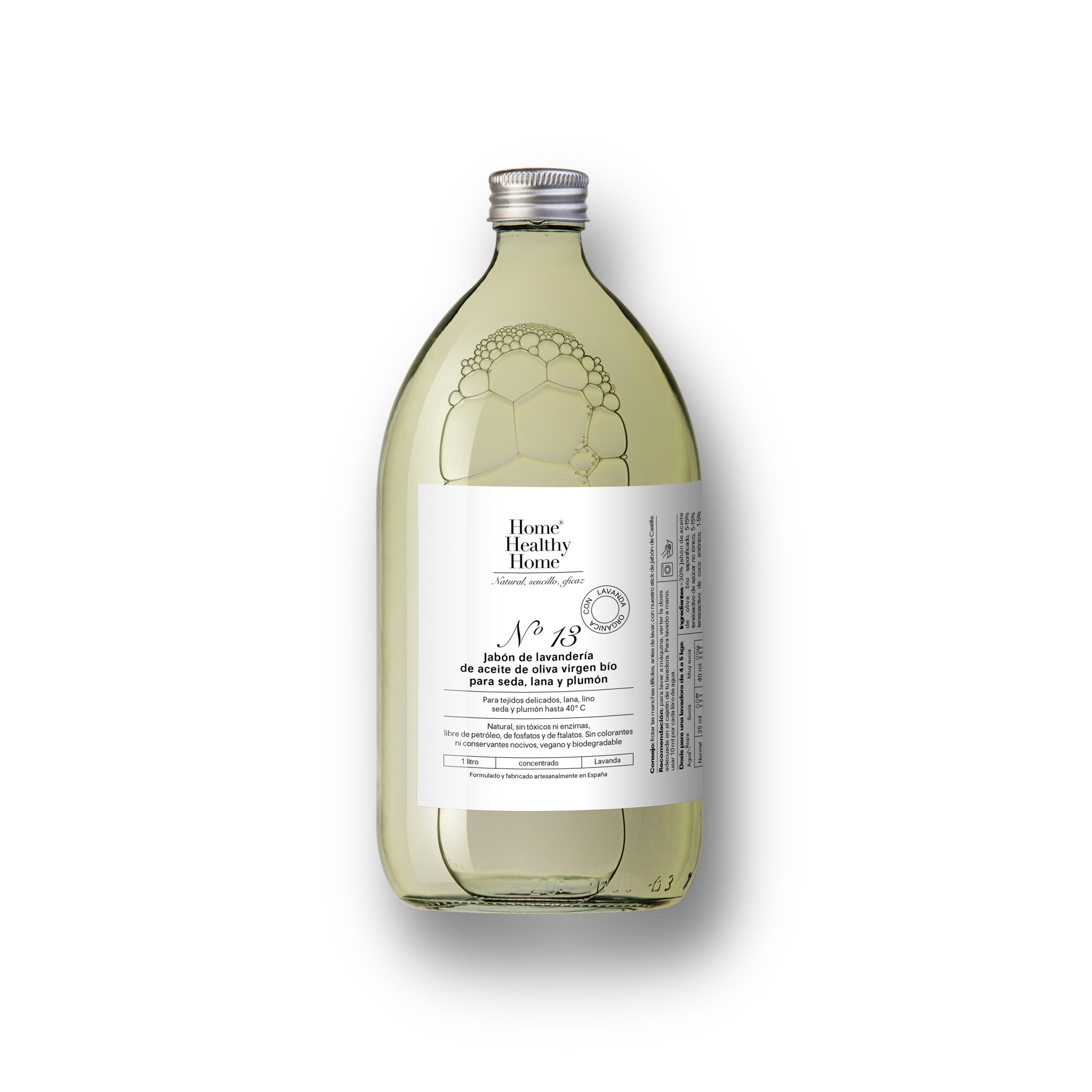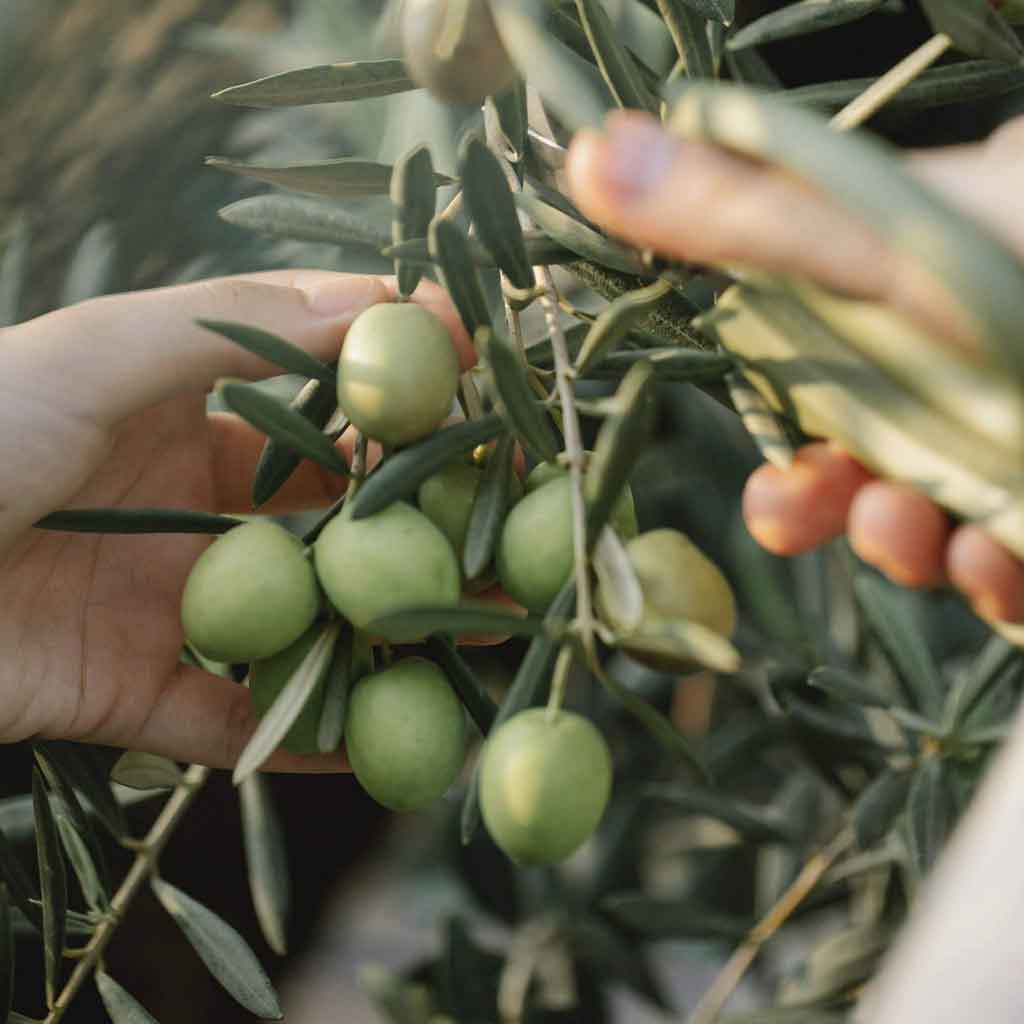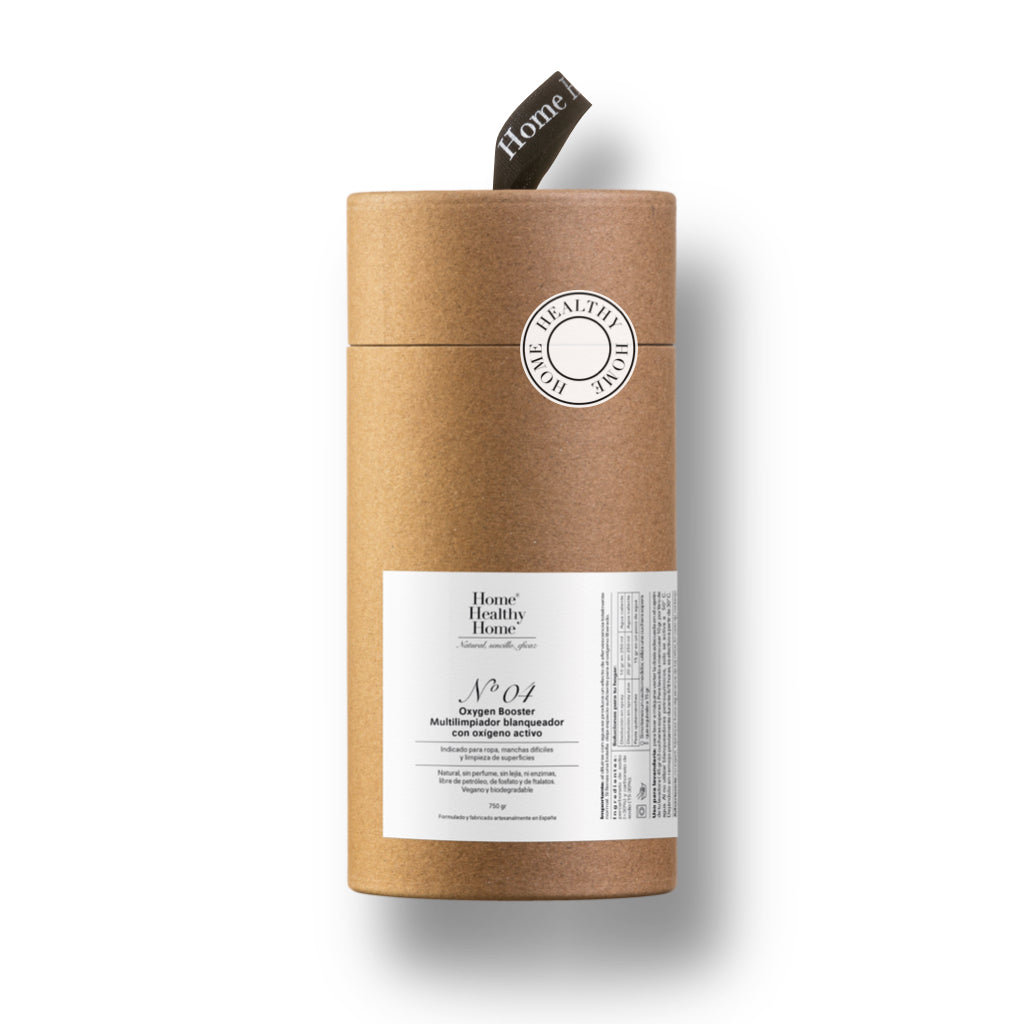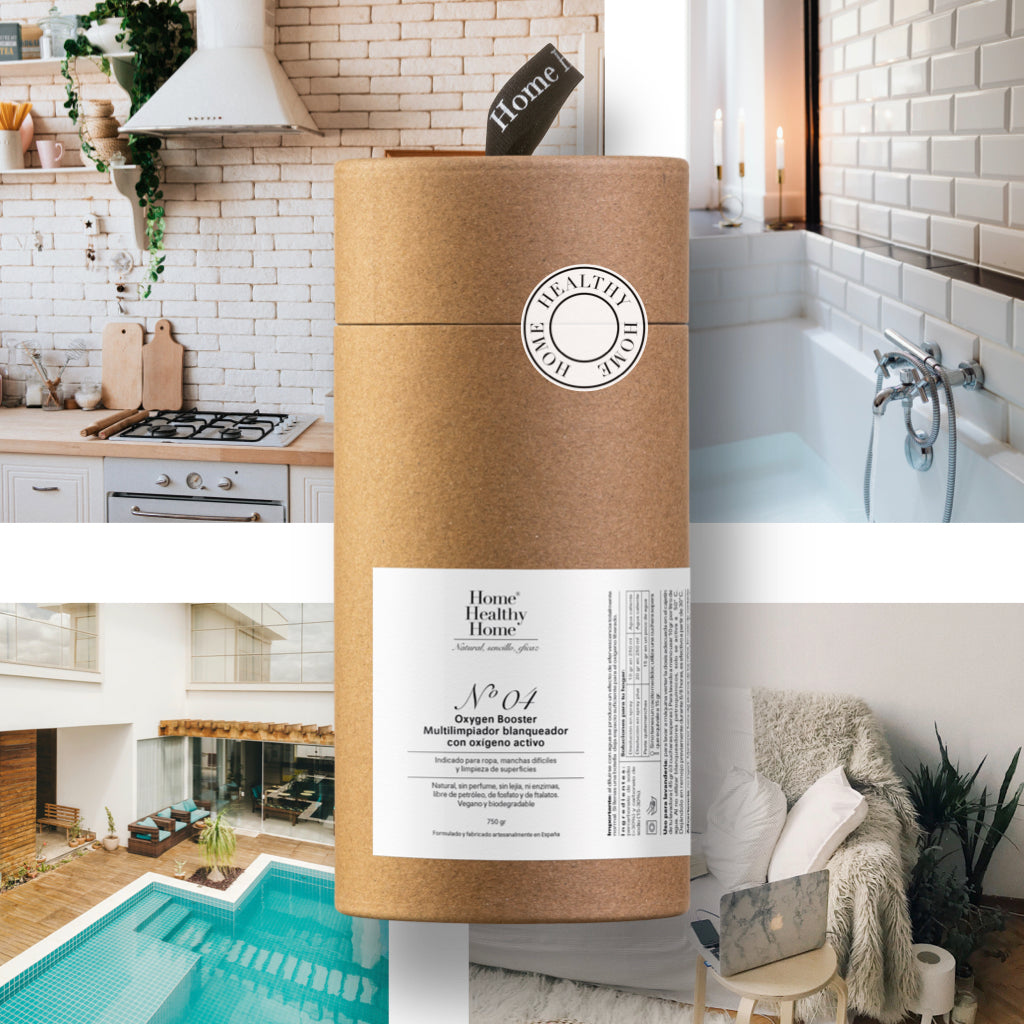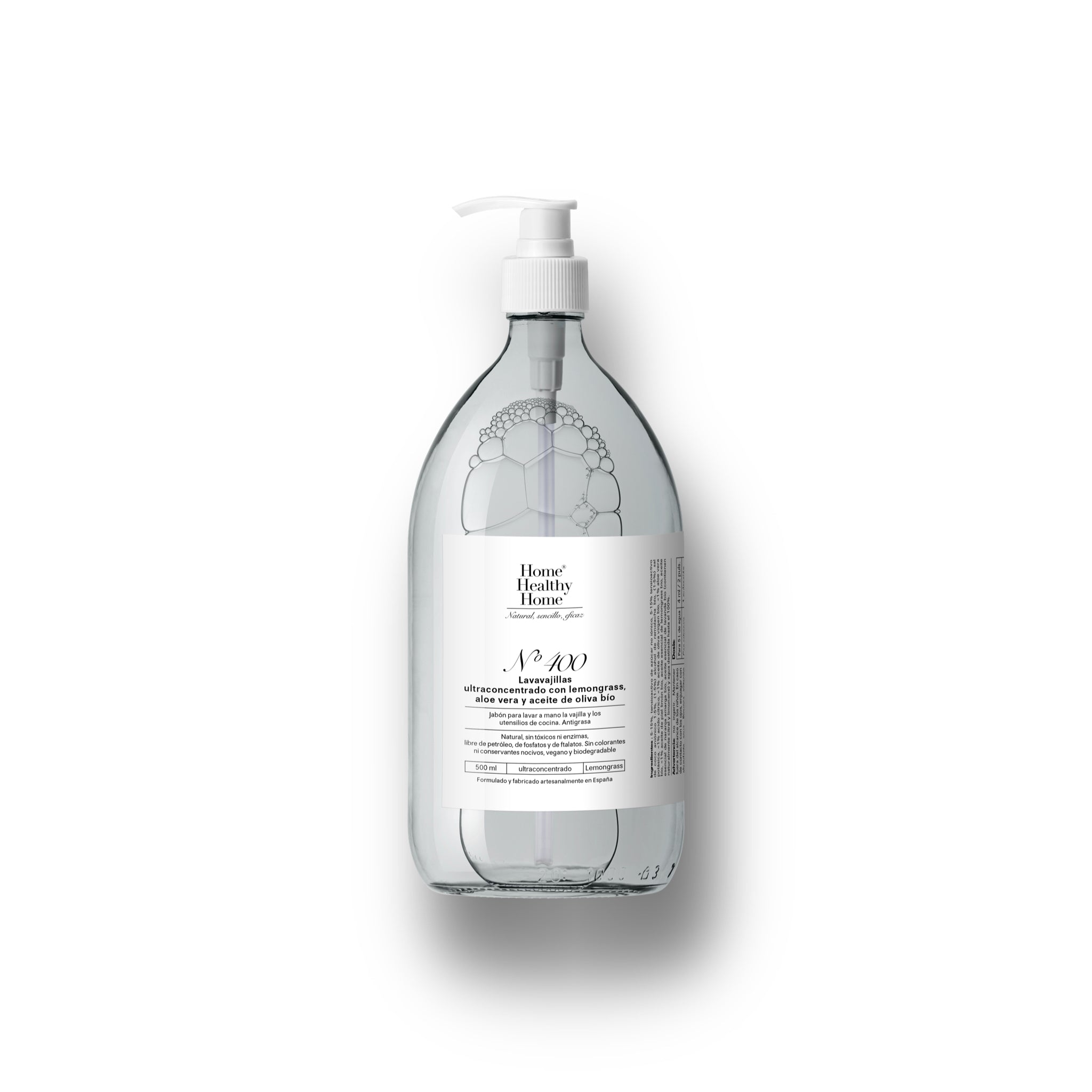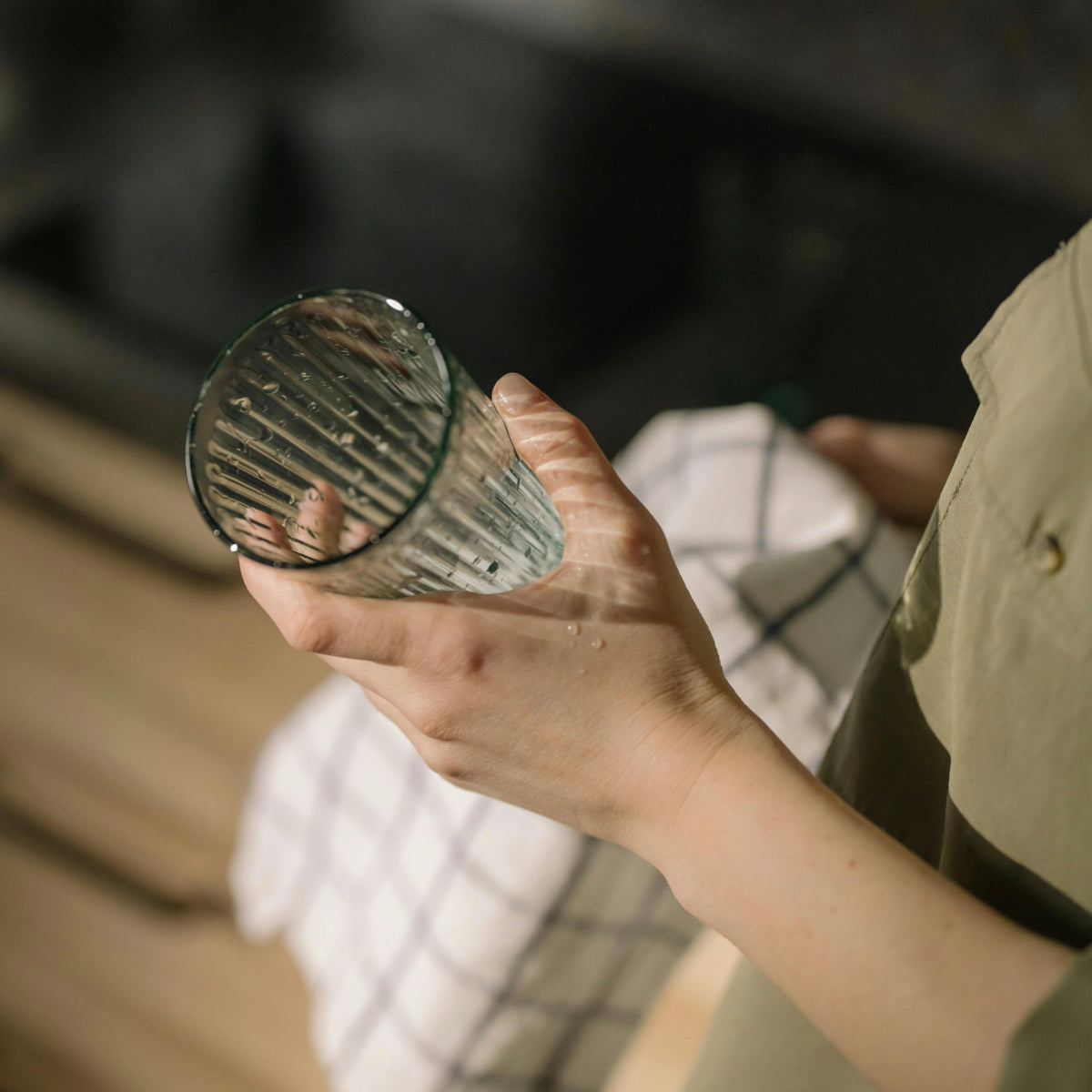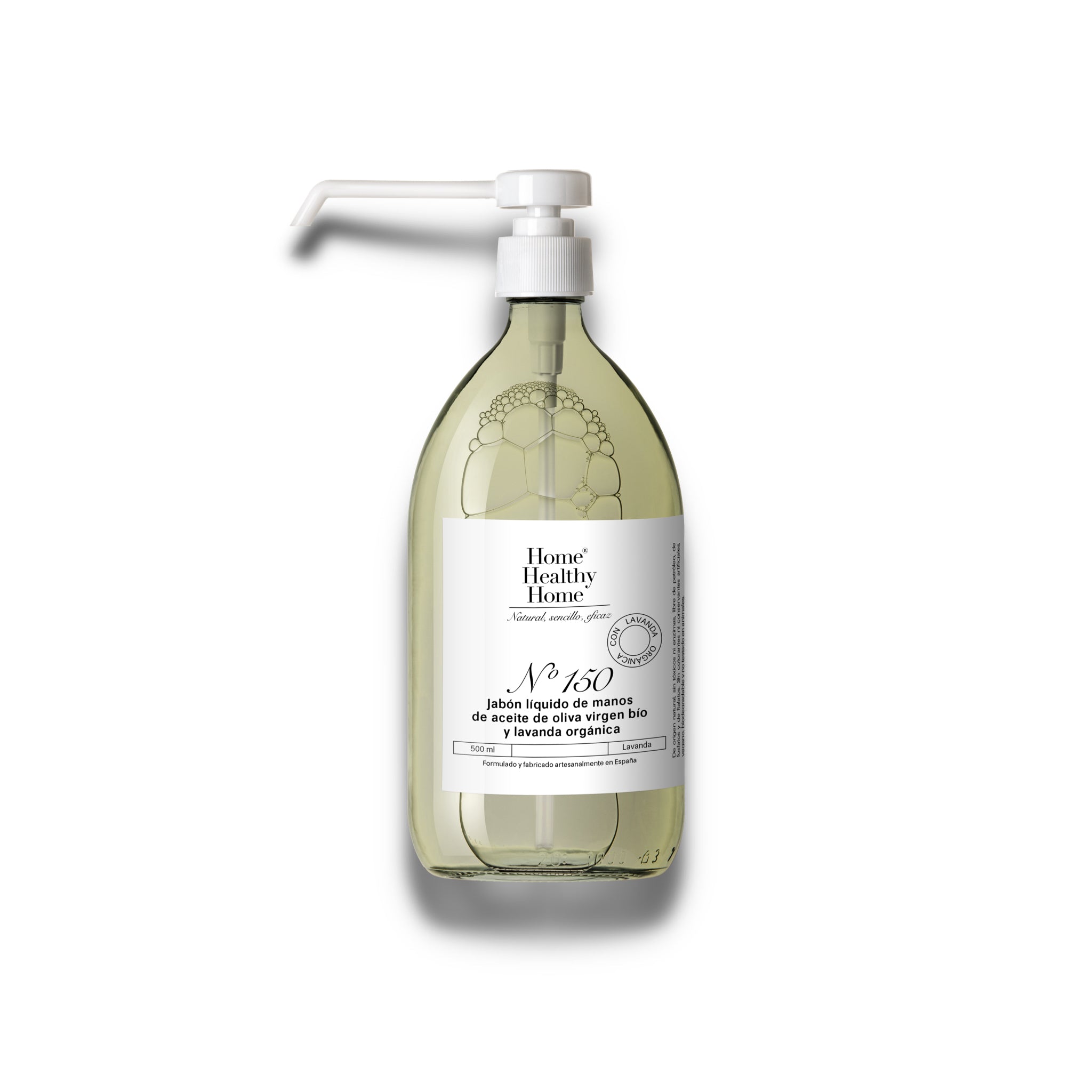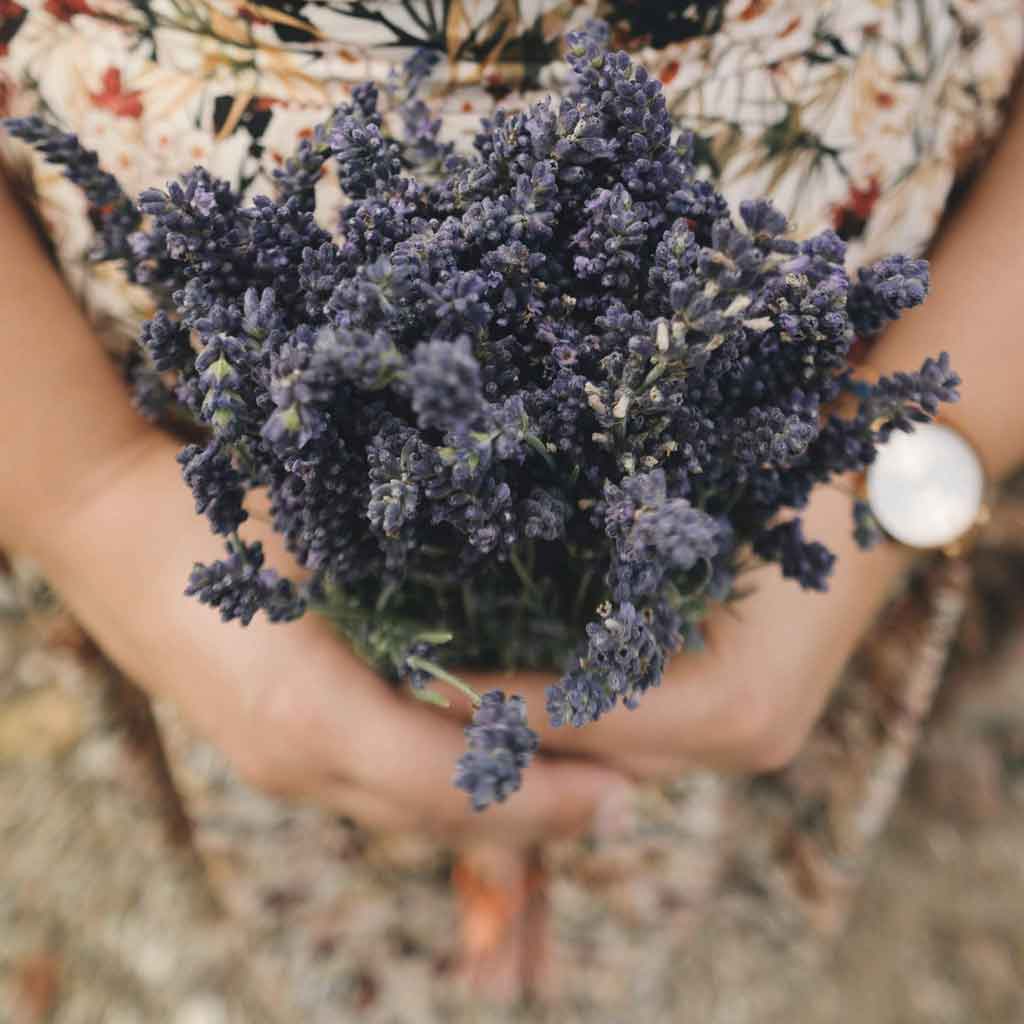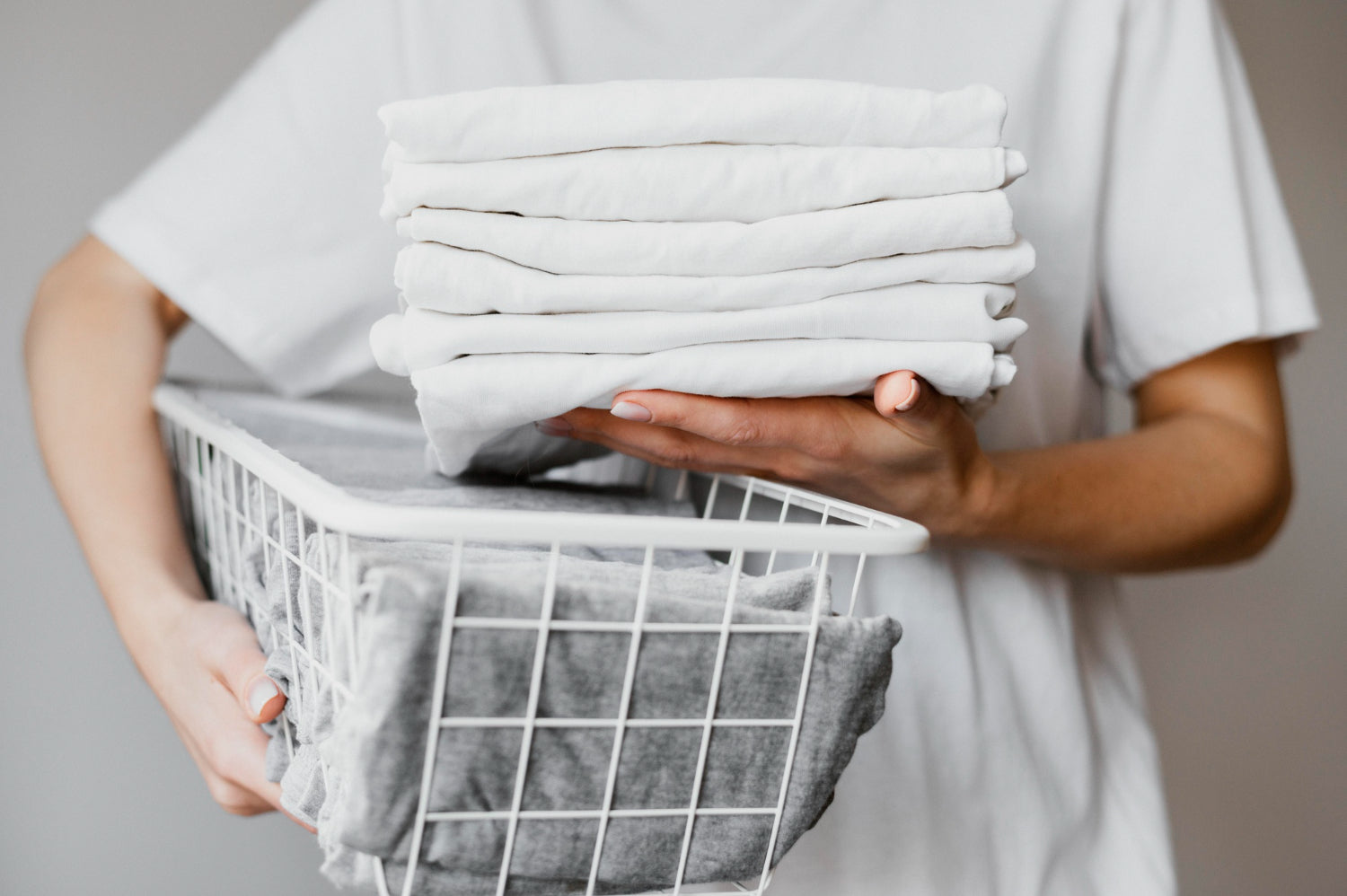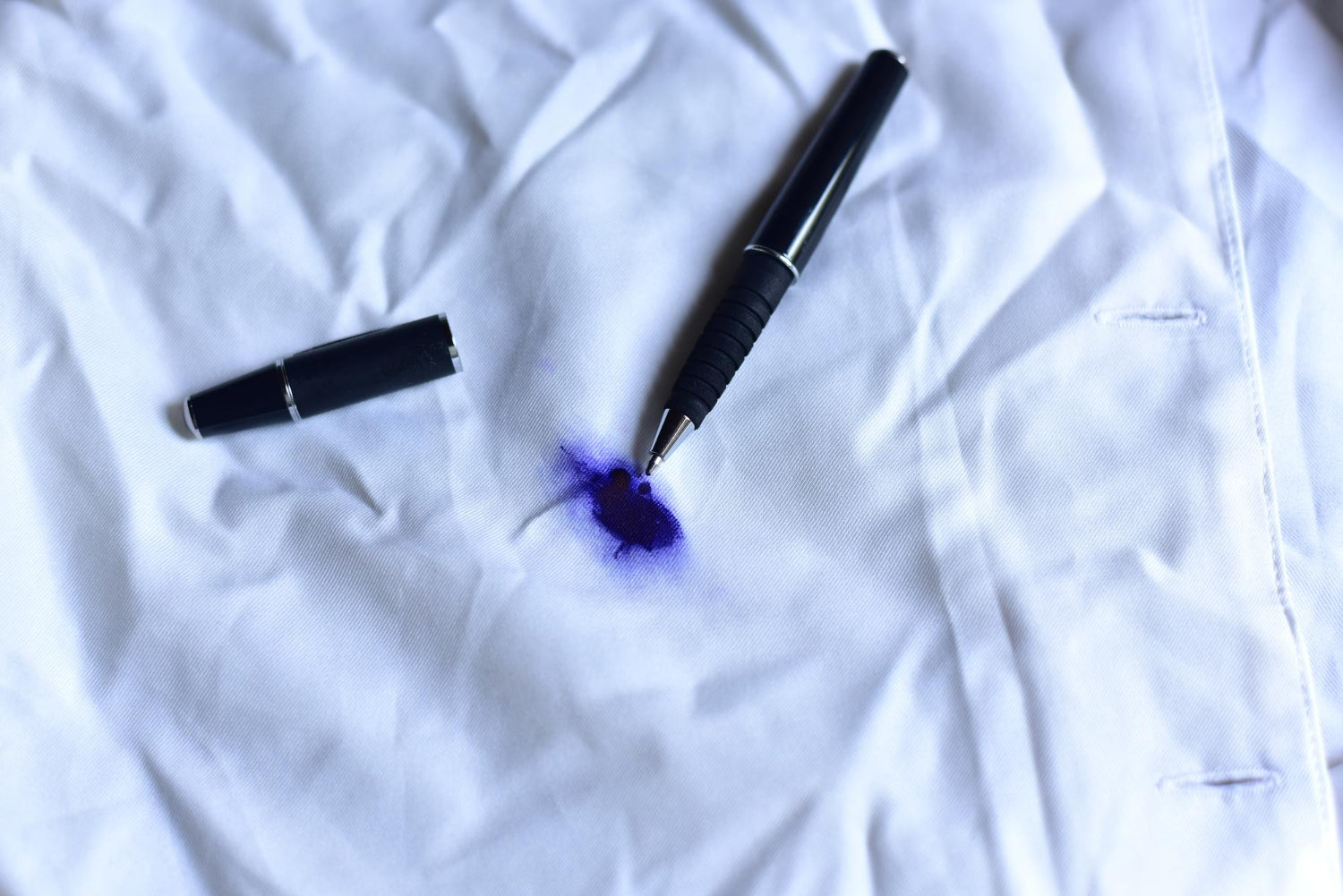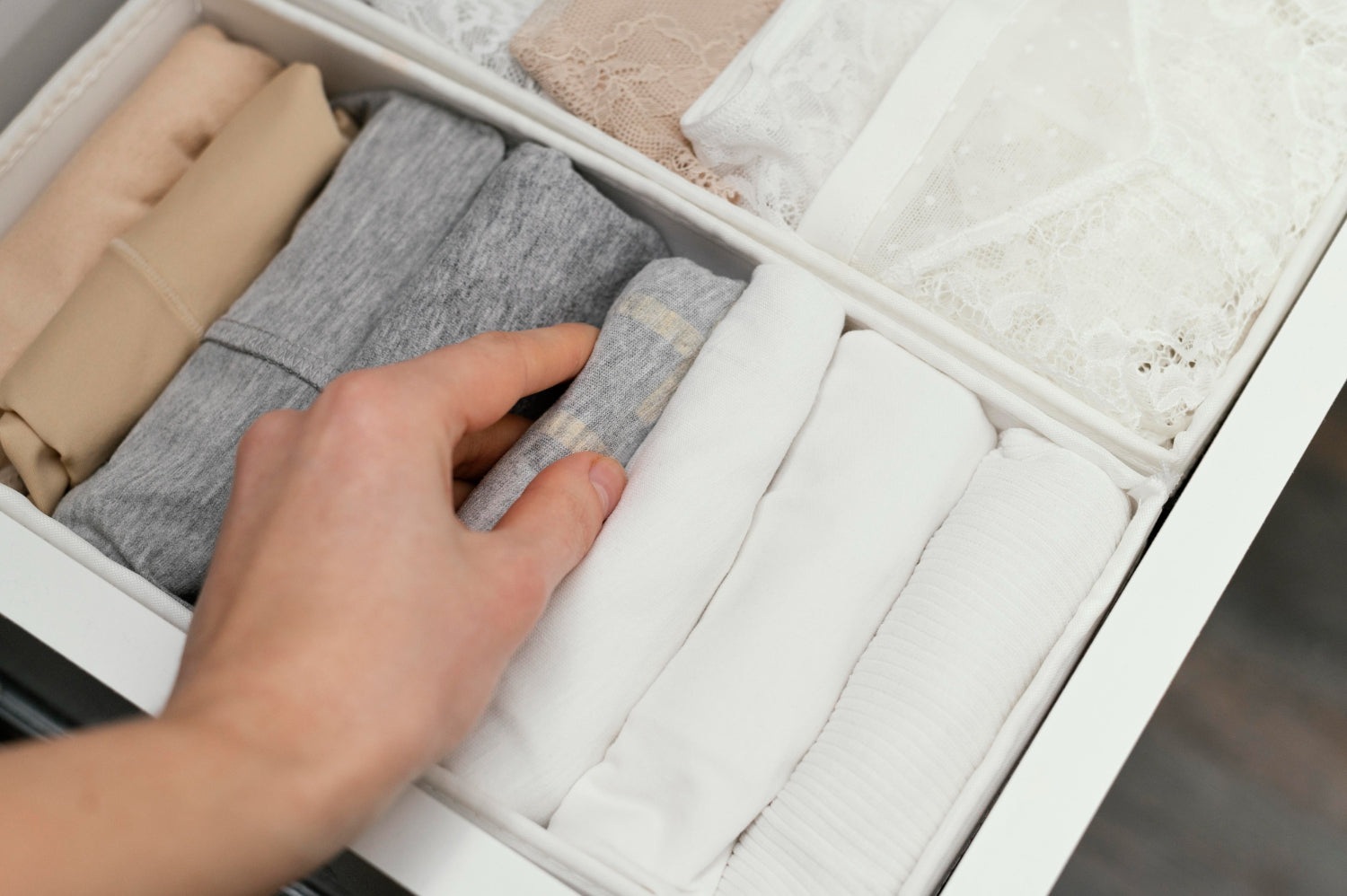Discover the Japanese tradition of Furoshiki: wrap your gifts with elegance and sustainability.
He furoshiki is a traditional quadrangular cloth from Japan that is used to wrap and transport all types of objects, from clothing and gifts to glass bottles.
The name Furoshiki comes from "furo" which means "bath" and "shiki" which means ceremony. The tradition dates back to the 14th century, when the Japanese began using public baths called "sento." Traditional Japanese bathrooms where attendees used this system to wrap their belongings. Over time its use spread and it began to be used by merchants to protect their merchandise.
Currently this form of wrapping is made from different types of fabrics, including silk, cotton or nylon. The technique is very popular in Japan due to its delicacy and, above all, its ecological benefits. Its designs and techniques are a reflection of different styles, places and historical periods as well as the different crafts of Japan. Each Furoshiki has a meaning, it tells a story without the need to add words.
In recent years, the Japanese Ministry of the Environment has carried out some campaigns to promote the use of furoshiki today, to protect and care for the environment in Japan and around the world.
There are 500 varieties of knots to be applied in the art of furoshiki. We show you a couple of furoshiki options So that you dare, this Christmas, to wrap your gifts in a more beautiful, delicate and sustainable way and become aware of plastic consumption and reduce the waste we generate, especially plastics.



